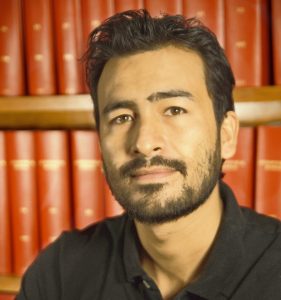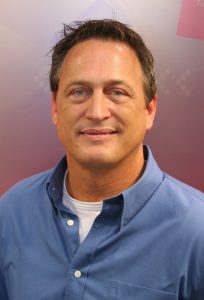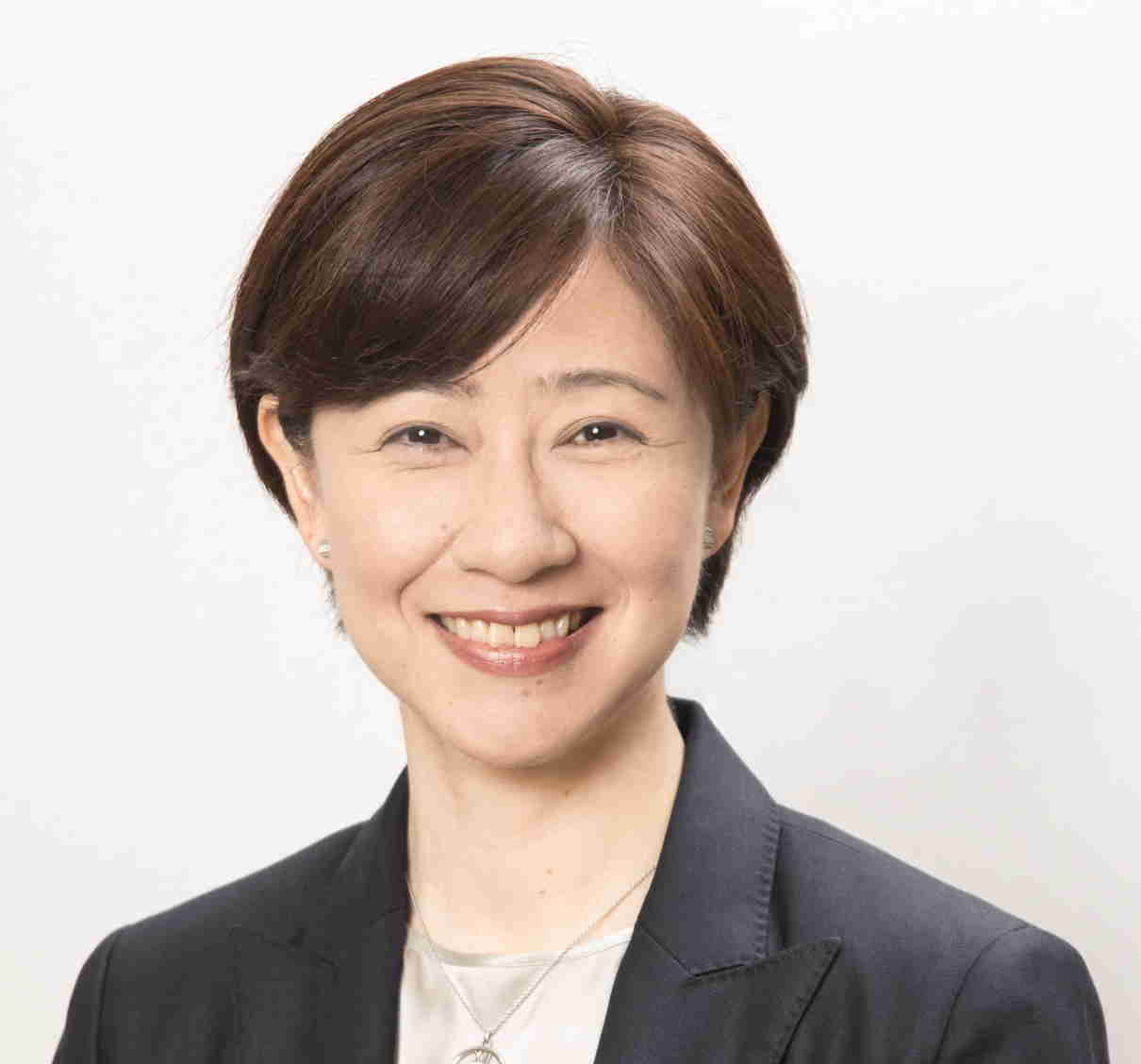Using Cultural Astronomy to Create a More Inclusive Astronomy
Biography
::

Santiago Vargas Domínguez, Colombia
“I am very excited to join this Symposium, as there are not many opportunities to share experiences and join efforts towards highlighting the importance of equity, diversity and inclusion. All actions are still far from covering the necessity and demand in the community but I am very confident this kind of space will contribute to this aim. I would like to learn from other people’s initiatives and expertise, to get some inputs of actions and new technologies for accessibility that can be implemented in Latin America. I would like to contribute towards the discussion of sustainable inclusion and diversity policies and work to define specific actions in this respect.” — Santiago Vargas
The need for reinforcing the implementation of inclusion and diversity strategies as ordinary actions towards the social and scientific development of our society.
Modern societies have an increasing number of technological developments which are shaping the structure and execution of daily duties. Communities with disabilities have historically experienced restricted access to many opportunities of study, work and leisure, but now the emergence of new resources and appliances is likely to increase the inequity gap unless actions against this are reinforced at different levels in the society. Every person, regardless of any aspect should have an equal right and opportunity to access, engage with and contribute to knowledge, participating actively in the decisions, institutions and processed, and making use of new technologies. Unfortunately, in many cases, access to this is not feasible because the frameworks for inclusive involvement and engagement are not being implemented or are not implemented in an appropriate way.
This talk will highlight the importance to ensure inclusive participation in astronomy education, research and outreach, identifying the barriers preventing people with disabilities to engage and progress in all the aspects that are natural of our scientific field and underpinning the crucial actions that can foster equality, accessibility and inclusivity.
Biography
Dr. Santiago Vargas Domínguez holds a bachelor degree in Physics and was awarded a PhD in Astrophysics in 2008 from the Instituto de Astrofísica de Canarias – ULL, Spain. He undertook postdoctoral research positions at the Dutch Open Telescope – University of Utrecht (Netherlands), Mullard Space Science Laboratory – University College London (UK), Universidad de los Andes (Colombia), and Big Bear Solar Observatory – NJIT (USA). Currently, he is Research Coordinator of the National Astronomical Observatory in Colombia and Outreach Coordinator of the Faculty of Sciences at the National University of Colombia.
In 2016 he was the local organizer of the first workshop on Astronomy Beyond the Common Senses for Accessibility and Inclusion that was held in Cartagena de Indias (Colombia) with participation from astronomers, educators and disability specialists. In 2017 he was in charge of designing and teaching a course in astronomy for visually impaired students that was the first course of its type in the university official pensum of studies.
He is a member of the Executive Committee Working Group on Women in Astronomy of the International Astronomical Union, member of the Latin-American Network of Scientific Culture (RedLCC), and scientific advisor of the Planetarium of Bogota. He is very passionate about science communication and has given more than 100 public talks and writes a weekly column for the largest newspaper in Colombia (El Tiempo) about astronomy-related topics.
::

Jeff Cooke, Australia
“I hope to meet with leaders and technology innovators in inclusion, learn from their work, build collaborations and share our work and developments. Regarding the overall symposium aim, I expect resolutions to be written that define an incentive and accountability framework for institutions and individuals that will effectively promote the allocation/rerouting of the necessary energy, time, and funds to develop technology, and lifestyle practices, that will enable those with disabilities to comfortably and productively share their imagination, creativity, and insight needed to advance human knowledge, our understanding of nature, and the human condition.” — Jeff Cooke
The Deeper, Wider, Faster program: A platform for collaborative science, inclusion advancement, and STEM promotion to the general public
The Deeper, Wider, Faster (DWF) program detects and studies the fastest bursts in the Universe – those with millisecond-to-hours duration. To achieve this goal, DWF coordinates over 50 multi-wavelength, multi-messenger telescopes on every continent and in space (radio through gamma-ray, particle and gravitational wave detectors) to perform deep, wide-field, fast-cadenced observations at the same time on the same fields to detect fast transients in real-time. The rapid nature of fast bursts, requires advancements in computing, data visualization, and data sonification technology to process the large datasets in real time (seconds) and to identify transients within minutes of outburst in order to trigger rapid-response follow-up deep spectroscopy and imaging before they fade. I will provide an overview of the program and discuss how our data visualization technology and techniques help accelerate and verify the large number of transient candidates detected every minute throughout each program night, how our interactive web tools enable the public to participate in real-time (and archival) discovery, and how our data sonification tools will bring this research and discovery to the blind and visually impaired communities.
Biography
Associate Professor Jeff Cooke
Centre for Astrophysics and Supercomputing
Chief Investigator, ARC Centre of Excellence for Gravitational Wave Discovery
Swinburne University of Technology, Hawthorn, VIC, Australia
A/Prof Cooke received his BSci in astronomy at San Diego State University and his MSci and PhD in physics at the University of California, San Diego. He held research fellowships at the University of California, Irvine and the California Institute of Technology (Caltech) before moving to Australia, where he is currently a research professor at Swinburne University. Cooke researches high redshift (z > 2) galaxies and supernovae, leads searches for counterparts to gravitational wave events and fast radio bursts, and is the PI of the Deeper, Wider, Faster coordinated global multi-wavelength, multi-messenger program for real-time fast transient detection and study.
::

Yuko Motizuki, Japan
“Empowerment is important for everyone. Be courageous!” — Yuko Motizuki
Women in Astronomy: A view from a gender-imbalanced country
There have been marked advances in astronomy in the last 100 years towards gender equality and the empowerment of women researchers. However, progress has been slow, and disparities still persist around the world. Women represent only about 18% of astronomers globally, and are not immune to inequalities such as gender-based discrimination and a lack of equal opportunities. Bullying and harassment are among the obstacles that women often face in their professional careers. Such problems also affect men. We need to pay due attention, too, to LGBTQ requirements: Gender equity issues concern not only women, but also men, and each and every IAU member.
Women astronomers in Japan, in particular, are living in a gender-imbalanced society, and are struggling to change the situation; in ASJ, the proportion of women is 12% including students (2019), and the proportion of women professors and associate professors is only about 1.5% (2016). On this occasion of IAU100, we will all share our experience of problems that exist in Japan and elsewhere, and ways of overcoming them. How can we solve these problems? The most important and essential point is that the proportion of women leaders and their participation in decision making be increased. Be courageous, and let’s develop our professional integrity, together, to accelerate the reduction of inequalities.
Biography
Yuko MOTIZUKI, short biography as of March 2019:
- Group Director, Astro-Glaciology Research Group, RIKEN, and Professor (joint-appointment), Saitama University
- Past Vice-President and Director, Astron. Soc. of Japan
- 2009-2012: Executive committee member, Women in Astronomy, IAU, and 2018-present: Working group member of WiA
- 2006-2017: Gender Equality Committee member, ASJ
- 2003-2005: Scientific secretary, IAU National Committee
- 1998: PhD (University of Tokyo)
- Main research topics: Astro-Glaciology; climate change and its direct relationship with solar activity, the footprints of supernovae in ice cores. Nucleosynthesis, neutron stars, nuclear gamma-ray astronomy
- 2017: Toshiko Yuasa Gold Prize (Japan KEK – France Irfu/CEA, IN2P3/CNRS)
- 2015: Nice Step Scientist Certificate by MEXT
- 2010: Asteroid “Yukomotizuki”, certificated by IAU for her contribution in astronomical education
- 2002: Creative Excellence Award at U.S. Int. Film and Video Festival, “Element Genesis – Solving the Mystery”, Copyright holder
- 1999: Young Theoretical Nuclear Physicist Award, Phys. Soc. of Japan
